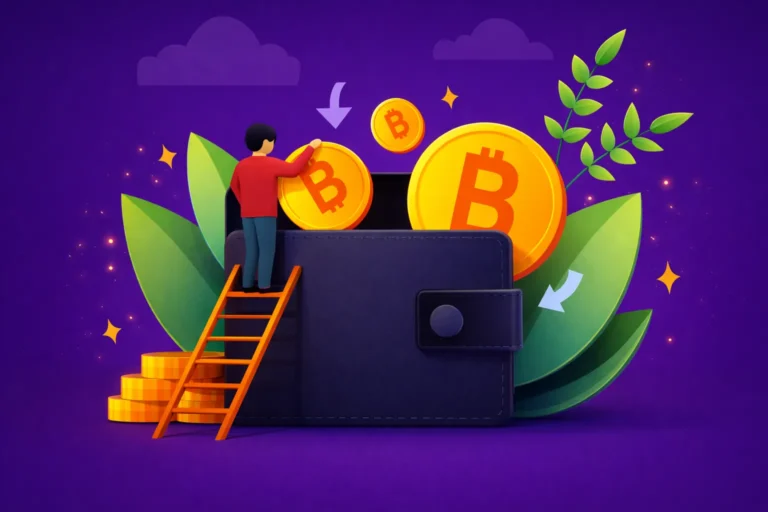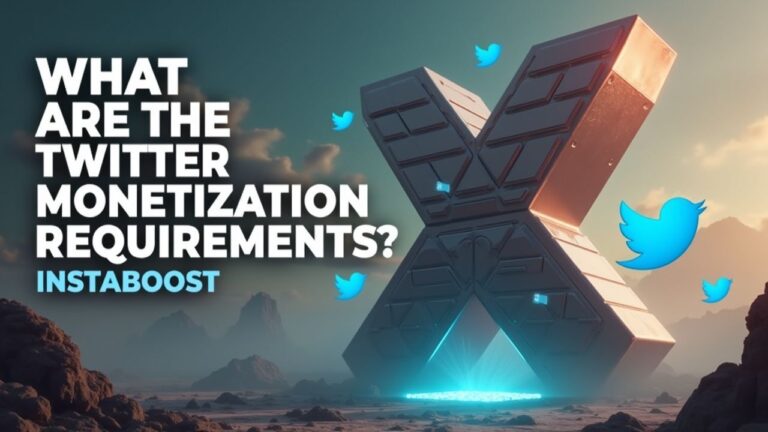Entertainment: A Deep Dive into Modern Fun
Entertainment has long been an integral part of human existence. From ancient tribal dances to streaming movies on mobile devices, the way people entertain themselves has drastically evolved. In today’s digital age, the possibilities for entertainment are endless, ranging from music, gaming, cinema, and live performances to social media, virtual reality, and binge-worthy streaming services like piayflix. This article explores the fascinating journey of entertainment, its impact on society, and the direction it’s heading.
The Origins of Entertainment
The concept of entertainment is as old as humanity itself. In early civilizations, entertainment often took the form of communal activities such as storytelling, music, and dance. These were not only means of passing time but also vital components of cultural expression and social bonding.
Ancient Egyptians had theatre performances and musical shows. In Ancient Greece and Rome, dramatic plays and gladiator contests entertained the masses. In India, the rich tradition of classical dance and epic storytelling laid the foundation for a robust entertainment culture. Across continents and centuries, entertainment continued to evolve while retaining its core purpose: to bring joy, relaxation, and a shared human experience.
Entertainment in the Industrial Age
With the advent of the printing press and the spread of literacy, books became a form of widespread entertainment. Novels like those of Charles Dickens or Mark Twain captured the imaginations of millions. The 19th century introduced theater to a larger audience, and operas, musicals, and stage dramas became cornerstones of cultural life in many societies.
Then came the invention of motion pictures in the late 1800s. The silent film era, followed by talkies, revolutionized entertainment. Stars like Charlie Chaplin became global icons, and the cinema industry started to flourish, laying the foundation for the modern film industry.
The Golden Age of Television
Television changed everything. From the mid-20th century onward, families began gathering around the TV set to watch their favorite shows, news programs, and sports events. The “Golden Age of Television” brought forth classics like I Love Lucy, The Twilight Zone, and The Ed Sullivan Show.
The 80s and 90s saw the rise of cable networks, which diversified programming and introduced channels dedicated to music (MTV), sports (ESPN), and news (CNN). This period also saw the birth of sitcoms, reality shows, and serialized dramas that defined generations.
The Digital Transformation of Entertainment
The internet revolutionized the entertainment industry in unprecedented ways. Music streaming platforms like Spotify and Apple Music replaced CDs and MP3s. YouTube turned ordinary people into global celebrities. Social media platforms like Instagram, TikTok, and Facebook created a new category of entertainment entirely — content creation.
Streaming services like Netflix, Hulu, and Amazon Prime Video have transformed how people consume television and film. No longer bound by cable schedules, viewers now “binge-watch” entire seasons at their own pace.
Enter piayflix, a rising contender in the streaming space. Like its predecessors, piayflix provides an extensive library of movies, shows, and original content tailored for a global audience. It represents a new wave of streaming platforms focusing on niche markets and offering curated experiences.
Gaming: The New Frontier of Entertainment
Gaming has evolved from a subculture into a multibillion-dollar global industry. Early arcade games and consoles like Atari and Nintendo paved the way for modern gaming systems like the PlayStation, Xbox, and powerful gaming PCs.
Today’s games are more immersive and story-driven, often rivaling Hollywood blockbusters in production value. With the rise of esports, competitive gaming has become a spectator sport, drawing millions of viewers worldwide. Platforms like Twitch and YouTube Gaming allow gamers to build fanbases and earn a living through streaming.
Virtual Reality (VR) and Augmented Reality (AR) are also redefining the gaming experience. These technologies are making entertainment more interactive and experiential than ever before.
The Rise of Short-Form and Mobile Entertainment
Smartphones have changed the game. With everyone carrying a portable entertainment device, short-form content has exploded. Apps like TikTok, Instagram Reels, and YouTube Shorts are designed for instant, snackable entertainment.
This shift has created new forms of storytelling and entertainment. Creators are mastering the art of capturing attention in under 60 seconds. These platforms have also democratized entertainment, giving anyone with a smartphone the ability to go viral and build a career.
Live Entertainment and Its Resurgence
Despite the digital boom, live entertainment is far from obsolete. Concerts, theater productions, comedy shows, and sporting events remain immensely popular. The thrill of experiencing something in real time, surrounded by others, is irreplaceable.
Even during the pandemic, the industry adapted with virtual concerts and digital theater. Now, with restrictions eased, there’s a renewed appreciation for in-person entertainment experiences.
Festivals like Coachella, Glastonbury, and Comic-Con attract millions, blending live music, fashion, pop culture, and fan engagement into immersive experiences. Similarly, Broadway shows and touring musicals continue to captivate audiences around the world.
The Business of Entertainment
Entertainment is big business. From ticket sales and merchandise to advertising and digital subscriptions, the industry generates trillions of dollars globally. Major entertainment conglomerates own multiple platforms, from TV networks to movie studios and music labels.
The subscription economy has become a dominant model, where consumers pay monthly fees for access to content. Services like piayflix are capitalizing on this trend by offering ad-free viewing, original productions, and content personalization.
Meanwhile, independent creators are carving out profitable niches through Patreon, merchandise, sponsorships, and fan-supported models. The creator economy is booming, further decentralizing the traditional gatekeepers of entertainment.
Entertainment and Society
Entertainment reflects and shapes societal values. Movies, music, and television have the power to influence public opinion, raise awareness, and spark movements. From the civil rights documentaries of the 60s to modern-day shows tackling mental health, racism, and gender identity, entertainment plays a critical role in cultural discourse.
However, there are challenges too. The rise of misinformation, addictive algorithms, and screen addiction has sparked debates about the ethical responsibilities of entertainment providers.
Platforms like piayflix, which promote responsible viewing, content diversity, and parental controls, are steps in the right direction. As entertainment continues to shape young minds, accountability and inclusion are more important than ever.
The Future of Entertainment
Looking ahead, the future of entertainment is both exciting and unpredictable. Here are some trends to watch:
1. AI and Personalized Entertainment
Artificial Intelligence is being used to recommend content, analyze viewing behavior, and even create music or screenplays. Platforms are leveraging AI to tailor experiences uniquely for each user.
2. Metaverse Integration
The concept of the Metaverse — a shared, virtual space — is poised to become a hub for interactive entertainment. Imagine attending a concert, watching a movie, or playing a game in a 3D digital universe.
3. Cross-Media Storytelling
Franchises like Marvel and Star Wars are already telling stories across movies, shows, games, and comics. This trend will continue to deepen, offering fans a more immersive narrative experience.
4. Globalization of Content
Thanks to streaming platforms like piayflix, regional content is finding international audiences. Korean dramas, Indian thrillers, and Spanish crime shows are breaking language barriers and reaching viewers worldwide.
5. Interactive and Immersive Formats
New formats like choose-your-own-adventure movies, interactive games, and live participation shows are changing passive viewers into active participants.
Entertainment for Mental Health and Well-Being
Entertainment isn’t just about fun — it can also be therapeutic. Listening to music can reduce anxiety. Comedy can alleviate stress. Storytelling fosters empathy. During difficult times, people turn to entertainment for comfort and escapism.
Many therapists use art, music, and drama as tools for healing. Streaming services even offer calming videos, nature documentaries, and mindfulness content to support mental well-being.
Creators and platforms alike are now recognizing their roles in promoting mental health. Trigger warnings, content labels, and access to support resources are becoming standard features across platforms.
Challenges in the Entertainment Industry
As with any booming industry, entertainment faces several challenges:
- Copyright and Piracy: Illegal downloads and streaming hurt creators and businesses.
- Censorship: Balancing freedom of expression with cultural sensitivity remains a global debate.
- Monetization: With so much free content, it’s hard for many creators to earn a sustainable income.
- Content Overload: Audiences now suffer from decision fatigue due to the sheer volume of content.
- Digital Divide: Not everyone has equal access to internet-based entertainment.
However, platforms like piayflix are addressing these issues by offering affordable plans, promoting ethical consumption, and investing in creator-friendly ecosystems.
Conclusion: Entertainment as a Mirror of Humanity
Entertainment is more than just a pastime; it is a mirror reflecting our joys, fears, aspirations, and identities. From the rhythmic drums of ancient tribes to the high-definition screens of modern-day binge-watchers, entertainment continues to connect us — across time, cultures, and geographies.
As technology evolves, the lines between entertainment, education, and social interaction are blurring. What remains unchanged, however, is our need to be moved, amused, and inspired. Whether you’re dancing to a pop song, watching a compelling documentary, playing a virtual game, or streaming your favorite show on piayflix, you are part of a dynamic and ever-expanding entertainment ecosystem.
The next chapter of entertainment promises to be more inclusive, immersive, and intelligent than ever before. And with innovative platforms like piayflix leading the charge, the future looks not just entertaining — but extraordinary.





